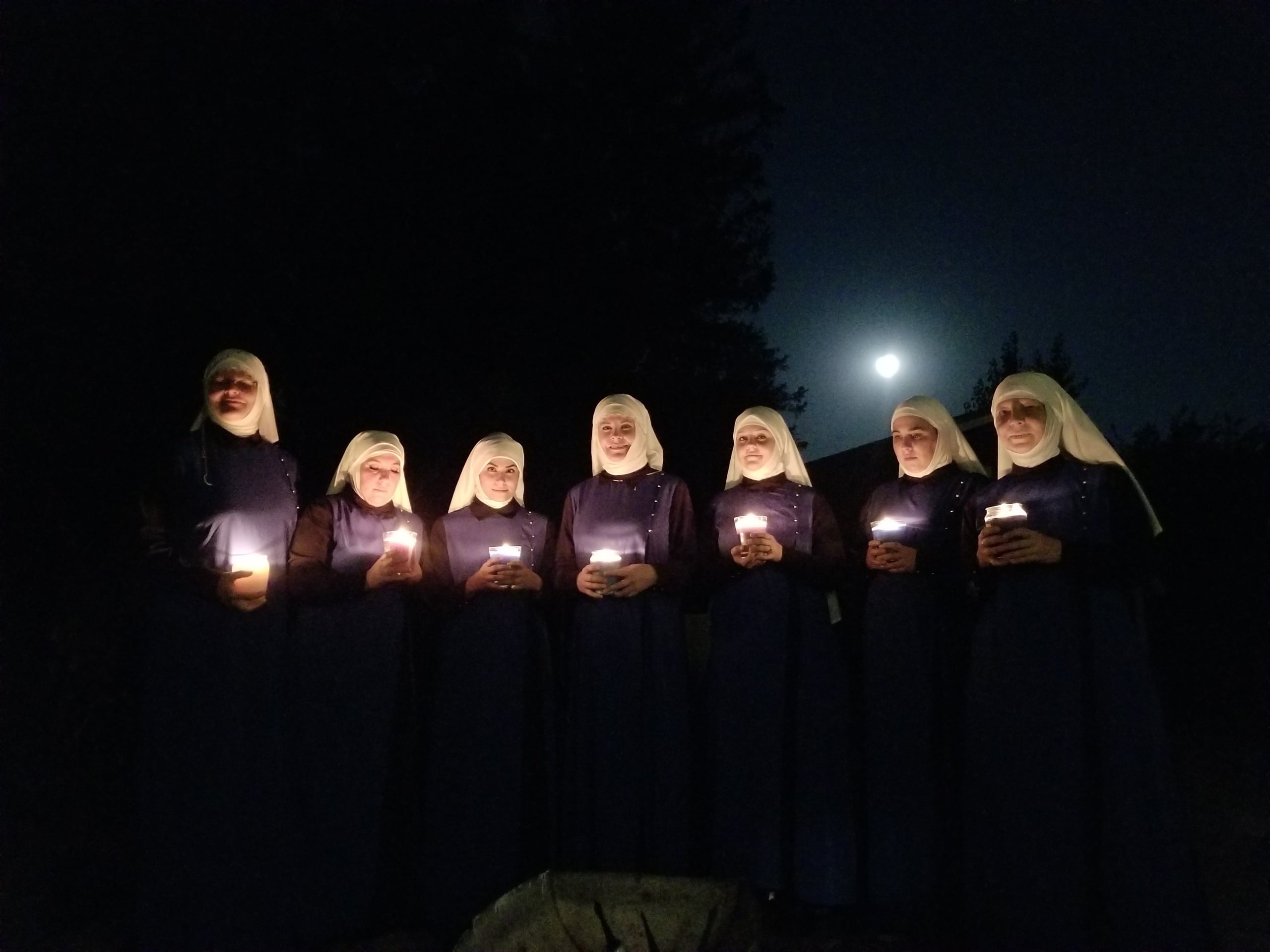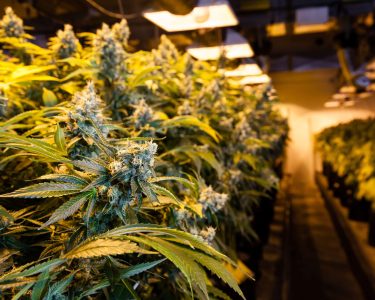Name one multi-billion dollar industry that is not part of the national banking system. Better yet, name one industry in America that would not have access to federal funding in the event of a natural disaster.
In times of pandemics, storms, floods, and basically watching a slow Armageddon ravage the nation and the world, government emergency relief funds are vital to the economic survival of businesses of all sizes.
Even if the disaster itself doesn’t affect you, the ramifications to your city, county, and state will affect the bottom line of your business. As such, government agencies step in for the health of the local economy, with a real trickle-down effect.
But if you are part of a rapidly growing company, $13.2 billion cannabis industry If you are doing business in a state that legally does business in the US, you are out of luck. Because the land of opportunity for you is not the same as the rest of the country’s industries.
Ironically, 37 states, 3 territories, and the District of Columbia have now legalized medical cannabis, and 21 states have legalized it for adult/recreational use. CBD is legal (at least conditionally) in every state.
What this means in real time is that no federally funded relief will exist during the most difficult times for cannabis and hemp farmers and manufacturers. And while empathetic organizations like Farm Aid are raising more money, cannabis and hemp farmers are either self-supporting or going out of business.
SBA and FEMA
This is the hypocrisy that hemp farmers and product manufacturers such as Sisters of the Valley are currently facing. has had to fight tooth and nail to get bailout from the government agency, the Small Business Association (SBA). Recognize “marijuana” companies. Sisters grow up, nationally legal and psychoactive, hemp product.
“When we were finally given help, after overcoming difficulties, most of the time we didn’t have to go through. It was a long-term, low-interest loan.” Founder Christine Miesen, also known as Sister Kate, describes the dilemma: “Then we had the floods last December and sales dropped again. When we went back to SBA for additional help, they turned their backs on us. There isn’t enough time for us to recover between then and when the floods come, and the storm continues.”
SBA works in partnership with the Federal Emergency Management Agency (FEMA). As its website states, getting a loan from SBA “enables you to take advantage of all disaster assistance options.” That is, if you are not doing business under federally illegal cannabis or the hemp industry.
“The SBA has approved a three-month deferral of pandemic loan payments based on recent floods and landslides and the economic impact on businesses in California,” Sister Kate added. , the department that does the loan deferral thinks we will survive long enough to pay it off, but the department that provides the loan is now saying we’re going to fail.”
Note that the SBA considers small businesses with $50 million in annual revenue. With just 9% of small businesses making $1 million or less a year and 86.3% making less than $100,000 a year, the SBA may be overlooking a huge number of small businesses.
Hemp humbled and misunderstood
To understand the discrimination that stems from the treatment of sisters and cannabis or hemp farmers, it is important to know the difference between the two plants: high tetrahydrocannabinol (THC) cannabis and high cannabidiol (CBD) hemp. make a product from
What’s lesser known is that it took Southern Humboldt County farmer Lawrence Ringo nearly 15 years to cross-breed THC back to less than 4% of the original number. In the final analysis, a low-THC cultivar of apple, now called hemp, was tested with nearly 14% CBD, with the same full range of beneficial compounds found in cannabis.
Sisters grows and manufactures products exclusively from this nationally legal, low-to-zero THC hemp, but that fact holds the purse strings for the funds needed to pay off the pandemic. It seems to be lost in power. Lorne, this last flood, and the next wave of water.”atmospheric river‘ flows through California and its farming communities.

need a village
Sister Kate came from the corporate world of finance and moved into the cannabis industry after getting botanical help for her menopausal symptoms.
She modeled the Sisters of the Valley after the French non-denominational ancient women’s order known as the Beguines. Beggins were caregivers, pharmacists (makers of botanical medicines), weavers, and seamstresses in the rural communities they served and lived in.
It’s a simple concept: grow good medicine, make good products, and help others. The concept of “It Take a Village” is the life Sister has lived through her vows:
Pledge of Service – To serve people by making medicine with the cannabis plant.
A vow of obedience to the lunar cycle (all medicines are grown and made within this cycle.
A pledge of ecology to protect the earth.
An activist pledge to protect plants and their access.
A vow to live simply.
and a vow of chastity.
(Note: I don’t think you have to be ascetic to be chaste.)
The Sisters are farmed using age-old sustainable farming practices of sowing seeds by the cycle of the full moon. And while they’ve been called witches, the current farmer’s almanac describes the lunar cycle and when to plant, so the practice is actually very mainstream. The moon determines the ebb and flow of the oceans and the length of the days, which in turn increases the harvest.
That said, their product-making is a deliberate move to respect the life-giving plants, sun and soil, and is also done as a spiritual practice likened to the Japanese tea ceremony.
A farm in California is considered its headquarters, but the Sisters and now the Valley of the Brothers are found worldwide, advocating and educating plants as medicine in their own communities.
ignorance is not bliss
Overcoming challenges in conservative Merced County in central California’s San Joaquin Valley is nothing new for Sister Kate. When they first cleared the farm under California’s health care program in 2015, they met resistance.
“In 2016, the city of Merced threatened to ban cannabis outright,” recalled Sister Kate. “I don’t think they expected the fight, but we were out of habit to appear before the Planning Commission and speak up. We appeared on the local news, defended and educated. That’s what we do and we’ll continue as orders, we may grow and manufacture hemp, but we fully support the cannabis industry and THC is beneficial I think it’s a compound.”
It turns out that people in Merced also wanted cannabis, and by 2017 the Merced County Supervisory Board implemented regulations allowing residents to grow up to six plants per residence for personal use. I made it
But ignorance of the plant is still alive and well in the county, and as of January 2022, the city of Merced had received nine pharmacy applications and only one store was allowed.
It is important to note that restricting access by banning retail outlets is another form of discrimination against those who need access and is critical to the survival of the industry as a whole. Restricting the market hurts farmers when distribution fails as supply and demand are not met and illicit markets continue to meet people’s needs.
Sister’s ships, which allow hemp products, ship worldwide, but a third of their sales come from disaster-prone California.

save the sisters
Sister Kate has put her heart and soul into founding and continuing Sisters of the Valley, but admits that she is 64 years old this year, contemplating having to sell her farm and move on. It was naturally and indirectly defeated by the federal government.
“I’ve already laid off staff and cut hours,” lamented Sister Kate. “Employees who have had their salaries cut are having a hard time because the town has raised their rent. Thankfully, they cut the cost by a third.”
A request for help was sent to Rep. John Duarte, but the newly appointed representatives of the 13th District were conservative, uneducated about plants, hemp, etc. and sympathetic to their plight. Sister Kate doesn’t hold out hope because she’s been told she hasn’t.
In a follow-up letter to loan specialists in the SBA’s Capital Access Office, copied by Senator Diana Westmoreland, Sister Kate begged to get only 10% or 15% of her first loan out of the pandemic Did. Since the December 2022 floods, we have had high interest debt. However, the request was categorically denied and I was asked to submit the documents again.
“I was very naive. I was hit by one economic disaster after another, and I thought I could get the same help,” she speculated. It’s mind-boggling, but that’s what they’re basing this drop in additional support on. A family-owned Mexican restaurant in town has closed after 30 years.
Sister Kate unsure if she’s being discriminated against for growing hemp, so she’s inside SBA to find out if they use different standards for cannabis or hemp companies than other businesses She recognizes that there are probably only a handful of eligible businesses in the county, as the city of Merced has allocated more than 27 million to disperse.
“The process itself is humiliating,” Sister Kate continued. “They accused us of misuse and breach of funds in the launch of new products. But in the end it was going to be unprofitable and go bankrupt.Fucking Sherlock, while we were paying off the loan, the mudslide happened. At that time, we were out of the pandemic!”
Sister Kate once thrived as SBA’s Capital Access Office, the Finger of God, decided who to help and who would go bankrupt when California’s worst natural disaster ever struck. I am frustrated that Sister’s business is currently in trouble.
Nine years of being a respectable business in the community, paying full state, federal, payroll, income, sales, and property taxes, with the ironic reality of natural failure.
“We survived financial hardships once, but not twice, then three in a row,” she concluded. “We’ve been fighting for this plant, and it’s hard to believe that we might have to close it because of floods and landslides. After all, the headline reads, ‘From hemp to topical ointments and natural plant tonics.’ It says “spiritual woman who makes you”. They just hear that we grow ‘marijuana’ and nothing more. Because the negative stigma that currently follows this industry outweighs the truth of what this plant can do. ”
It’s important that Sisters of the Valley can order their products now. We also accept donations through our website. www.sistersofthevalley.org





